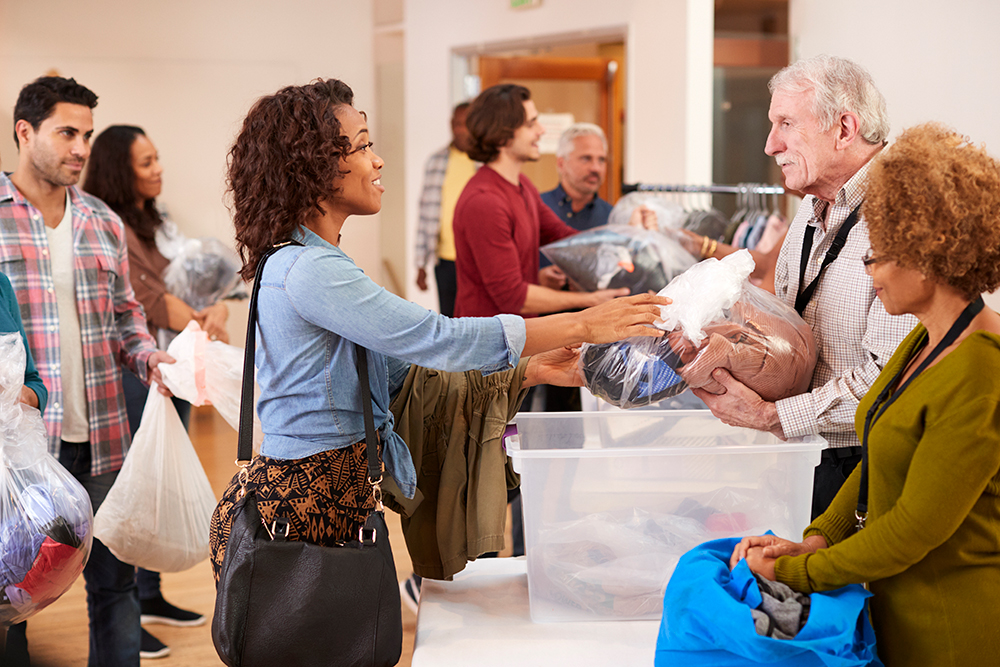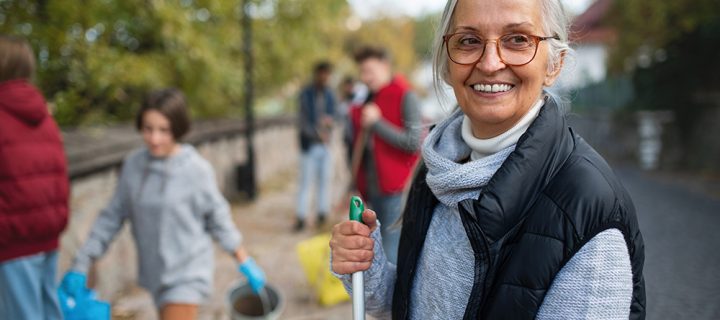Social isolation affects nearly one in three older persons in Australia, but it doesn’t have to be inevitable. With thoughtful planning and the right support, home care can actually become a bridge to stronger community connections rather than a barrier. Here’s how Adelaide families can weave meaningful social engagement into care plans and daily routines.
Why social connection matters more than we think
Loneliness isn’t just about feeling sad. Research shows it impacts physical health as much as smoking 15 cigarettes a day. For older persons receiving support at home, maintaining friendships, hobbies, and community ties can be the difference between thriving and merely surviving.
Yet many families worry that starting home care signals the end of an active social life. Wrong. The best care plans actually free up energy and confidence for the connections that matter most.
Adelaide’s social landscape for older persons
Our city offers a surprisingly rich network of activities, groups, and gathering spaces designed with older persons in mind. The challenge? Getting there safely and knowing where to start.
Community centres that welcome everyone
-
Campbelltown Community Centre runs gentle exercise classes and craft groups three mornings a week, with morning tea that’s become legendary for its friendship-building power.
-
Adelaide Hills Community Centre offers pottery, book clubs, and seasonal gardening workshops where transport can often be arranged between participants.
-
Local RSL clubs across Adelaide metro provide social connection, meals, and regular activities, many with accessible facilities and welcoming atmospheres.
Faith communities and spiritual connection
-
Uniting Care SA coordinates social programs across multiple Adelaide congregations, regardless of personal faith background.
-
Many local churches run community lunch programs, coffee mornings, and gentle exercise groups that focus on connection rather than worship.
-
Buddhist, Hindu, and Islamic community centres often host intergenerational events that value older persons’ wisdom and experience.
Libraries as social hubs
Adelaide’s library network has transformed into genuine community gathering places. The City Library runs tech help sessions, author talks, and chair-based exercise classes. Smaller branch libraries often feel more intimate and can become regular social anchors where staff know your name and your interests.
Transport: the make-or-break factor
Getting around Adelaide can feel daunting, especially if driving is no longer safe or comfortable. But transport doesn’t have to be the end of social life.
Public transport innovations
Adelaide Metro’s companion card allows a carer to travel free when accompanying someone with disability or age-related mobility needs. Many older persons don’t know about this option, which can make group outings affordable and safe.
Free city connector services run between major cultural venues and shopping precincts, making spontaneous social outings possible without the stress of parking or navigation.
Community transport services
Council on the Ageing SA coordinates volunteer driver programs across Adelaide metro and the Hills. These services go beyond medical appointments to include social outings, shopping trips, and visiting friends.
Many retirement villages and aged care providers run community buses for shopping and social trips, sometimes available to non-residents for a small fee.

How home care can help
The smartest care plans include transport support as a core service, not an add-on. A care worker who drives can become the bridge between home isolation and community engagement. Shopping trips become social outings. Medical appointments turn into coffee catch-ups with friends nearby.
Some providers coordinate group transport to popular activities, creating instant social circles and reducing per-person costs.
Start with existing relationships
Before exploring new activities, focus on maintaining current friendships and family connections. A care worker can help coordinate visits, assist with video calls, or support reciprocal arrangements like hosting coffee mornings at home.
Match activities to interests, not abilities
Don’t assume reduced mobility means reduced interests. A passionate gardener might love visiting the Botanic Gardens even if hands-on gardening is difficult. A former teacher could find purpose volunteering to read with children, even if stamina is limited.
Create routine social anchors
Weekly or fortnightly activities become something to anticipate and plan around. The regularity creates social bonds and gives structure to the week. Popular options include:
-
Monday morning coffee groups at local cafes
-
Wednesday afternoon lawn bowls (many clubs have equipment and welcome beginners)
-
Friday library sessions that combine book browsing with social time
-
Saturday morning farmers market visits that combine purpose with people-watching
Technology that connects, not complicates
Modern social connection doesn’t require mastering complex technology. Simple solutions work best:
Video calls that feel natural
Many Adelaide families use WhatsApp video calls because they’re less formal than Skype or Zoom. Grandchildren can share their day while older persons show off the garden or a new craft project.
Neighbourhood apps and groups
Nextdoor and local Facebook groups often coordinate neighbourhood morning teas, street parties, and informal help networks. Someone who’s comfortable with basic smartphone use can tap into hyperlocal social networks.
Red flags and realistic expectations
Not every social activity will suit every person. Watch for signs that an activity is causing stress rather than joy:
-
Reluctance to attend regularly scheduled activities
-
Exhaustion after social outings rather than energised feelings
-
Comparing current abilities to past capacities in ways that create sadness
The goal is connection that enhances life, not social obligation that drains energy.
Making it work with care teams
The best care providers understand that social wellbeing directly impacts physical health and quality of life. When discussing care plans, be specific about social goals:
“I want to maintain my Tuesday morning coffee group with friends from church, even if I need help getting there safely.”
“My weekly visit to the local shops has become about seeing familiar faces as much as buying groceries.”
“I miss cooking for others and would love to host small gatherings if I had help with preparation and cleanup.”
A care team that includes social and community support services can coordinate transport, accompany clients to new activities, and provide the confidence boost needed to try unfamiliar social situations.
Starting small, thinking big
Social engagement doesn’t require dramatic lifestyle changes. Sometimes the biggest impact comes from:
-
Regular morning walks in a neighbourhood where you’ll see familiar faces
-
Volunteering for just two hours a week at a cause you care about
-
Joining one regular activity where attendance is welcomed but not mandatory
-
Hosting simple monthly gatherings where others help with setup and cleanup
Adelaide resources to explore
Volunteering SA matches skills and interests with flexible volunteering opportunities across the metro area.
U3A Adelaide offers learning opportunities specifically designed for older persons, from history groups to gentle hiking clubs.
Adelaide City Council’s Active Ageing program coordinates activities across community centres and libraries, many designed to be accessible and affordable.
COTA SA provides comprehensive lists of activities, support services, and social programs updated regularly for currency and accessibility.
The key is starting somewhere. Social connection builds momentum. One coffee conversation leads to an invitation. One craft class introduces you to a walking group. One shared interest becomes a lasting friendship.
Home care should enhance social life, not replace it. With thoughtful planning and the right support, older persons can maintain rich community connections that add meaning, purpose, and joy to daily life in Adelaide.

